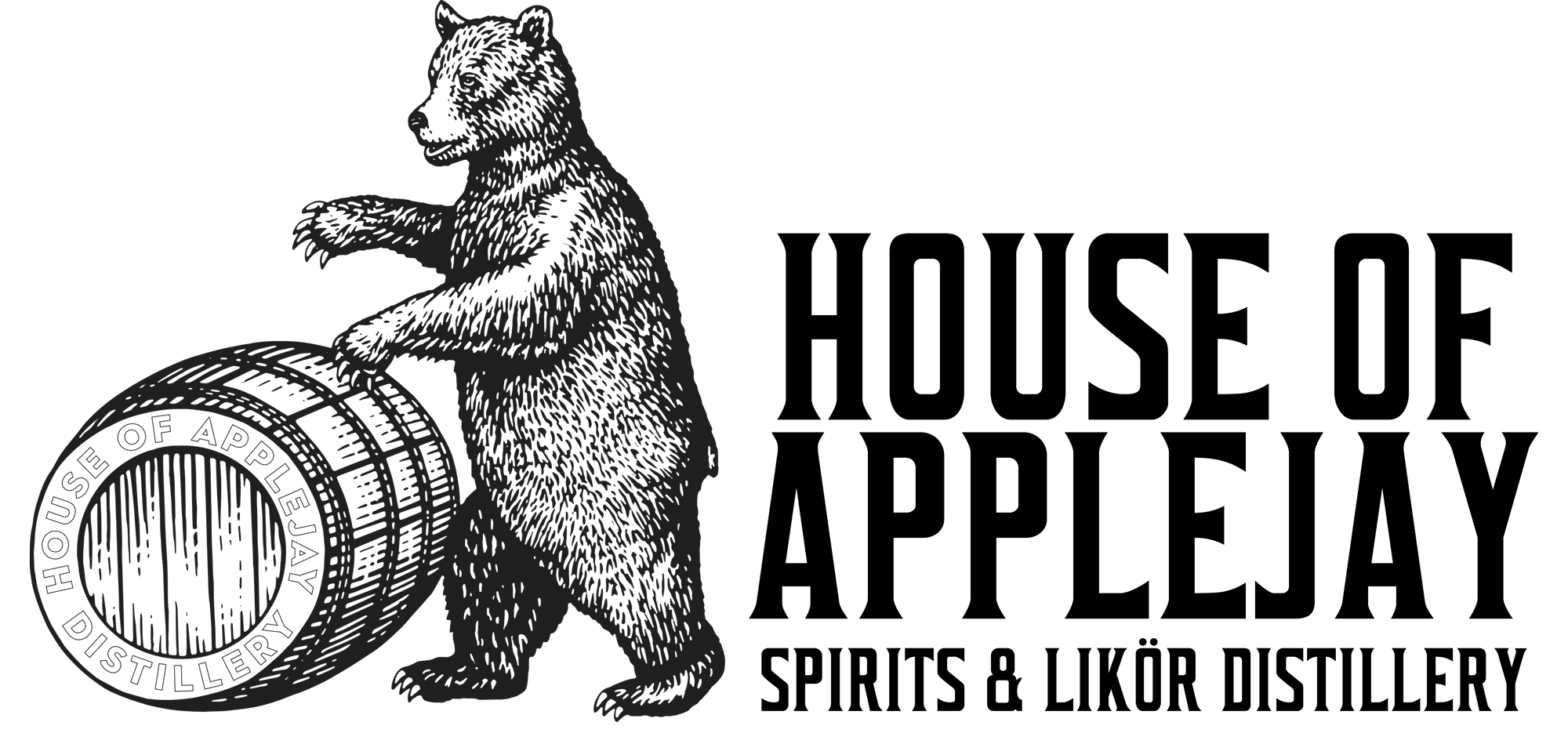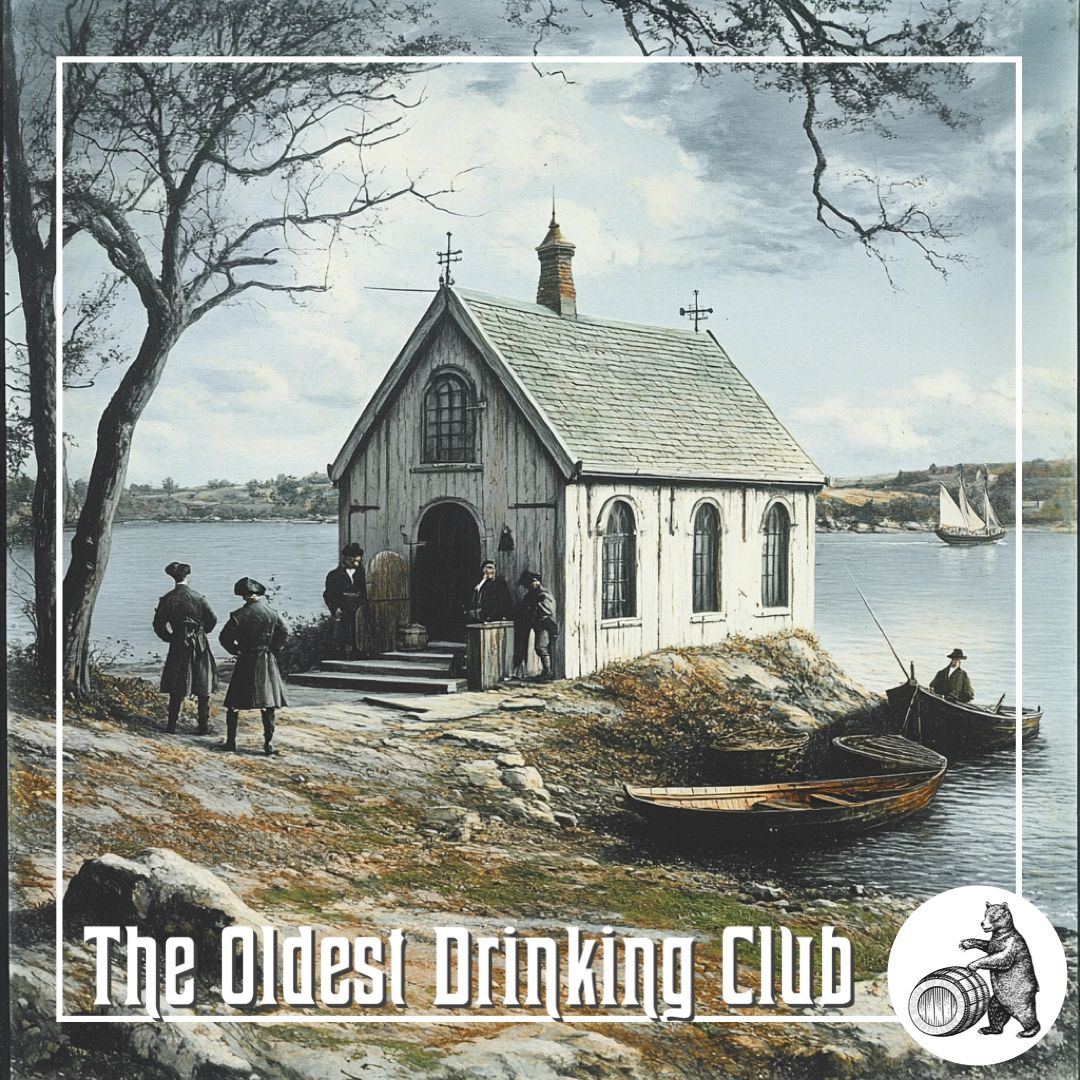America’s Oldest Drinking Club
The Schuylkill Fishing Company & Its Iconic Colonial Rum Punch
In the heart of 18th-century Philadelphia, a group of influential men sought refuge from the bustling city along the serene banks of the Schuylkill River. Their retreat, the Schuylkill Fishing Company, combined fishing, feasting, and fellowship, becoming one of America’s earliest social clubs. Among its many traditions, the club gave rise to one of the most famous and enduring colonial drinks: Fish House Punch. This potent and flavorful concoction reflects the culinary creativity of the era, earning its place in history as a symbol of early American hospitality.
“Schuylkill”
The name “Schuylkill” originates from Dutch explorers who charted the river in the 1600s. Translating to “hidden river,” it references the thick vegetation that obscured the river’s mouth, giving it an air of mystery. By the 18th century, this hidden gem had become a vital artery for trade and a haven for those seeking respite from urban life.
The Founding of the Schuylkill Fishing Company
Philadelphia in 1732 was a city on the rise, thriving with commerce, cultural development, and political activity. However, rapid growth brought its own challenges, such as overcrowding, noise, and sanitation concerns. In search of respite, a group of prominent Philadelphians retreated to the tranquil banks of the Schuylkill River, founding the Schuylkill Fishing Company.
Also known as the State in Schuylkill, this organization was not only the first angling club in the Thirteen Colonies but also the oldest verified continuously operating social club in the English-speaking world. The club’s founders sought to reconnect with nature, cultivate community, and escape the stress of city life.
The club’s headquarters, affectionately called “The Castle,” was a modest riverside structure where members would gather to fish, share meals, and discuss politics, philosophy, and the issues of the day. Fishing was both a practical activity and a symbolic gesture, representing a return to simplicity and self-sufficiency.
The Fish House Punch
The Schuylkill Fishing Company’s most famous creation is undoubtedly Fish House Punch, a potent blend of spirits, citrus, sugar, and water. The first recorded mention of Fish House Punch, albeit not by that name, appears in the notes of William Black, a Virginia embassy secretary who visited Philadelphia in 1744. Black described being welcomed on the banks of the Schuylkill with a bowl of punch “big enough to have swimmed half a dozen young geese.”
The club’s rituals around punch preparation became legendary. Members often allowed the mixture to sit for days, letting the flavors meld into a rich, harmonious brew. The unveiling of the punch became a cherished tradition, symbolizing the club’s commitment to hospitality and indulgence.
The ingredients of Fish House Punch reflect the era’s global trade connections:
- Caribbean rum: Highlighting the colonies’ involvement in the prosperous sugarcane trade.
- French cognac: Adding a refined European touch.
- Lemon juice: A bright, acidic component sourced from imported citrus fruits.
- Sugar and water or tea: Balancing the punch with sweetness and dilution.
Prepared in large communal bowls, the punch was served during gatherings and celebrated for its flavor and strength. It wasn’t uncommon for even the most seasoned drinkers to succumb to its potency.
The George Washington Anecdote:
During one visit, Washington reportedly drank so much Fish House Punch that he was “indisposed” for an entire day afterward. The punch’s strength and smoothness were so deceptive that it became a signature feature of the club’s festivities.
Statehood and Prohibition
The Schuylkill Fishing Company embraced a unique and playful claim to state sovereignty throughout its history. In 1737, the club capped its membership at 25 individuals, fostering an intimate and exclusive community. After the American Revolution, in 1782, the organization formally adopted the name State in Schuylkill, a title that underscored its vision of a self-contained, semi-sovereign society. The club maintained its original rules and structure while establishing a symbolic “state,” complete with its own governance, rituals, and traditions—an embodiment of independence and camaraderie.
This identity as a self-governing entity took on new significance during Prohibition (1920–1933). Defying federal law, the club declared itself unaffected by the nationwide alcohol ban, openly continuing to produce and enjoy its beverages. Remarkably, this bold stance was never formally challenged by federal authorities, allowing the club to carry on its practices without interference.
The success of this defiance can be attributed to several factors. The club’s small, exclusive membership kept its activities largely private and shielded from public scrutiny. Its historical significance as a centuries-old institution likely deterred legal action, as did the prominence and influence of its members within the local community.
Prominent Members and Their Role in History
The exclusivity of the Schuylkill Fishing Company attracted some of the most influential figures of the 18th century. Members included merchants, lawyers, and politicians, many of whom were instrumental in shaping early American society.
Notable figures associated with the club include:
- Benjamin Franklin (1706–1790): A polymath and founding father, Franklin’s connection to the club highlights its role as a hub for intellectuals and innovators.
- John Dickinson (1732–1808): Known as the “Penman of the Revolution,” Dickinson was a statesman who influenced the early formation of American governance.
- George Washington (1732–1799): While not a full-time member, Washington was known to visit the club and partake in its famous Fish House Punch. His enjoyment of the punch has become the stuff of legend.
These prominent members didn’t just fish; they exchanged ideas, debated politics, and formed connections that would influence the future of the colonies.
The Legacy of the Schuylkill Fishing Company
The Schuylkill Fishing Company stands as a testament to the enduring pursuit of simplicity, tradition, and a connection to nature. From its origins as a riverside retreat to its historic defiance of Prohibition, the club’s legacy is one of resilience and creativity. Its famed Fish House Punch and its influence on early American leaders cement its place in history.
As the oldest continuously operating social club in the English-speaking world, the State in Schuylkill preserves its heritage and remains a symbol of independence and the timeless pleasures of the natural world. Its motto, “We fish, we feast, we flourish,” endures as its guiding principle.
The Distilling Culture
BLOG
Embark on a global journey, and you’ll find that cultures possess tales that harken back to their ancient beginnings of distillation, brewing, and winemaking.
info@houseofapplejay.com
67 Fowler St, Bldg B, East Ellijay, GA 30540

